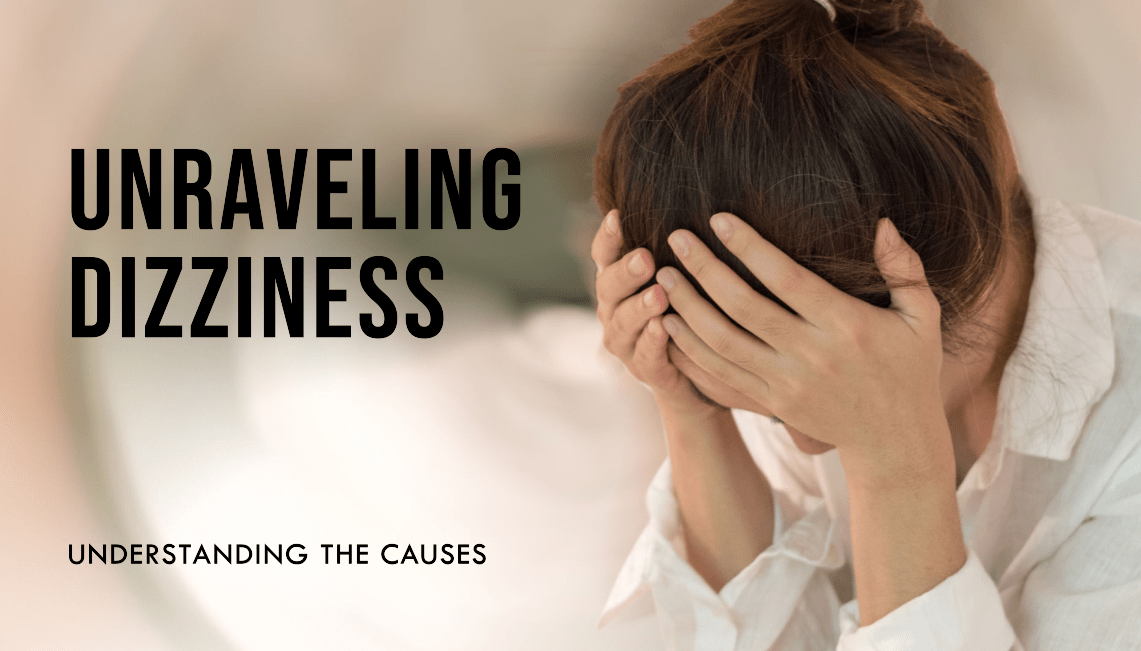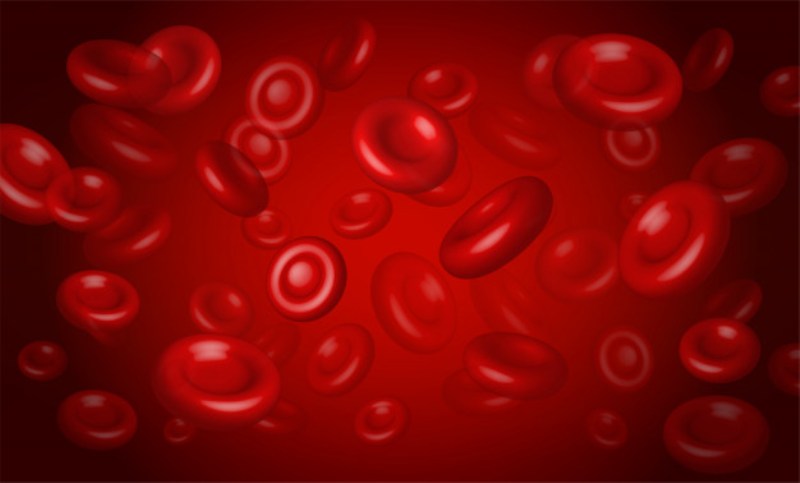From Vertigo to Dehydration: Exploring Dizziness Causes
When one’s body is deprived of sufficient hydration, physiological changes can indeed occur, leading to dizziness or even vertigo. The intricate connection between these two respective phenomena is interesting to observe and also knowing about dizziness causes is worth the effort.
Dehydration does occur when the person loses more fluid than he or she can replenish. It in fact commonly causes dizziness. Other symptoms can of course include thirst, dry skin, and also muscle cramps. Dehydration is indeed treatable and also preventable by drinking water slowly, taking an oral rehydration solution, as well as more.
Can dehydration cause dizziness?
Experts have indeed identified dizziness as a main symptom of dehydration among many other main symptoms as well. This does include
- lightheadedness
- faintness
- sensations of rather unsteadiness or feeling off balance
Dehydration does occur when losing more fluid than being taken in. It can be due to various factors, like:
- lacking a replacement of water loss on account of factors like an altered mental status, a lack of thirst, or body immobility
- experiencing abdominal health conditions, like pancreatitis, new ascites, or peritonitis.
- having other health conditions, like sepsis, hyperthyroidism overactive thyroid, or even asthma
Dehydration occurs when the person suffers from excess water loss from the following:
- skin due to factors like heat and burns, strenuous exercise, or even severe skin conditions
- kidneys due to high blood sugar, medications such as diuretics, or kidney disease
- gastrointestinal tract because of factors like vomiting and diarrhea, laxatives, or fistulas
How does dehydration lead to vertigo?
Water is an essential nutrient for one’s human body and does serve several purposes including:
- facilitating metabolism
- transporting nutrients all across the body
- maintaining one’s internal steady state of the cells
- regulating temperature
Water also plays an important role in blood vessel and blood pressure regulation.
A low body water content can lead to blood pressure and also circulation health concerns. This can of course reduce the volume of blood that does reach the brain, thus causing lightheadedness and dizziness. It is good to be aware of dizziness causes. Vertigo is a sort of dizziness that involves the sensation of spinning or even movement even though a person is still. Dehydration can lead to a usual feeling of dizziness lightheadedness or perhaps vertigo.
Other symptoms of dehydration
Besides dizziness, dehydration can also lead to headaches and muscle cramps. Other common symptoms of dehydration are:
- dry skin, mouth, or one’s tongue
- thirst
- lethargy fatigue
- dark urine or reduced urine output
- sunken eyes
- a lack of tears
- vision issues
- a brief loss of consciousness
- speech incoherence
- rapid heart rate
Drinking lots of water and other hydrating fluids daily helps. The doctor can guide if the situation is severe.
How to overcome dizziness from dehydration?
Rehydration immediately is required.
- slowly drinking water
- taking of an oral rehydration solution
- sucking on ice cubes
- drinking rather a sports drink to restore lost electrolytes
- reducing sweating by rather temporarily refraining from strenuous physical activity
- avoiding alcohol and also caffeine
Contact the doctor immediately or have someone contact them if the dehydration symptoms are severe like:
- sunken eyes
- speech incoherence
- a lack of tears
- fast heart rate
- extreme fatigue
- fever
How can a person prevent dehydration?
To start with he or she has to prevent dehydration by drinking plenty of fluids.
Other dehydration preventive practices:
- drinking a sports drink in order to restore lost electrolytes
- taking adequate rest during exercise
- limiting the amount of alcohol as well as caffeine, which can increase dehydration
- eating foods high in water, like fruits and also vegetables
- treating any conditions that can contribute to dehydration
Conclusion
Dizziness causes a serious need to be taken care of by a doctor.









There are no comments